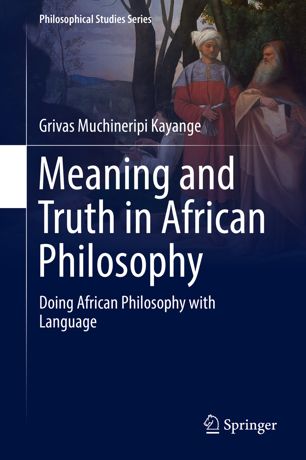

Most ebook files are in PDF format, so you can easily read them using various software such as Foxit Reader or directly on the Google Chrome browser.
Some ebook files are released by publishers in other formats such as .awz, .mobi, .epub, .fb2, etc. You may need to install specific software to read these formats on mobile/PC, such as Calibre.
Please read the tutorial at this link: https://ebookbell.com/faq
We offer FREE conversion to the popular formats you request; however, this may take some time. Therefore, right after payment, please email us, and we will try to provide the service as quickly as possible.
For some exceptional file formats or broken links (if any), please refrain from opening any disputes. Instead, email us first, and we will try to assist within a maximum of 6 hours.
EbookBell Team

5.0
80 reviewsThis book offers a new way of doing African philosophy by building on an analysis of the way people talk. The author bases his investigation on the belief that traditional African philosophy is hidden in expressions used in ordinary language. As a result, he argues that people are engaging in a philosophical activity when they use expressions such as taboos, proverbs, idioms, riddles, and metaphors.
The analysis investigates proverbs using the ordinary language approach and Speech Act theory. Next, the author looks at taboos using counterfactual logic, which studies the meaning of taboo expressions by departing from a consideration of their structure and use. He argues that the study of these figurative expressions using the counterfactual framework offers a particular understanding of African philosophy and belief systems. The study also investigates issues of meaning and rationality departing from a study on riddles, explores conceptual metaphors used in conceptualizing the notion of politics in modern African political thought, and examines language and marginalization of women and people with disabilities.The book differs from other works in African philosophy in the sense that it does not claim that Africans have a philosophy as is commonly done in most studies. Rather, it reflects and unfolds philosophical elements in ordinary language use. The book also builds African Conception of beauty and truth through the study of language.